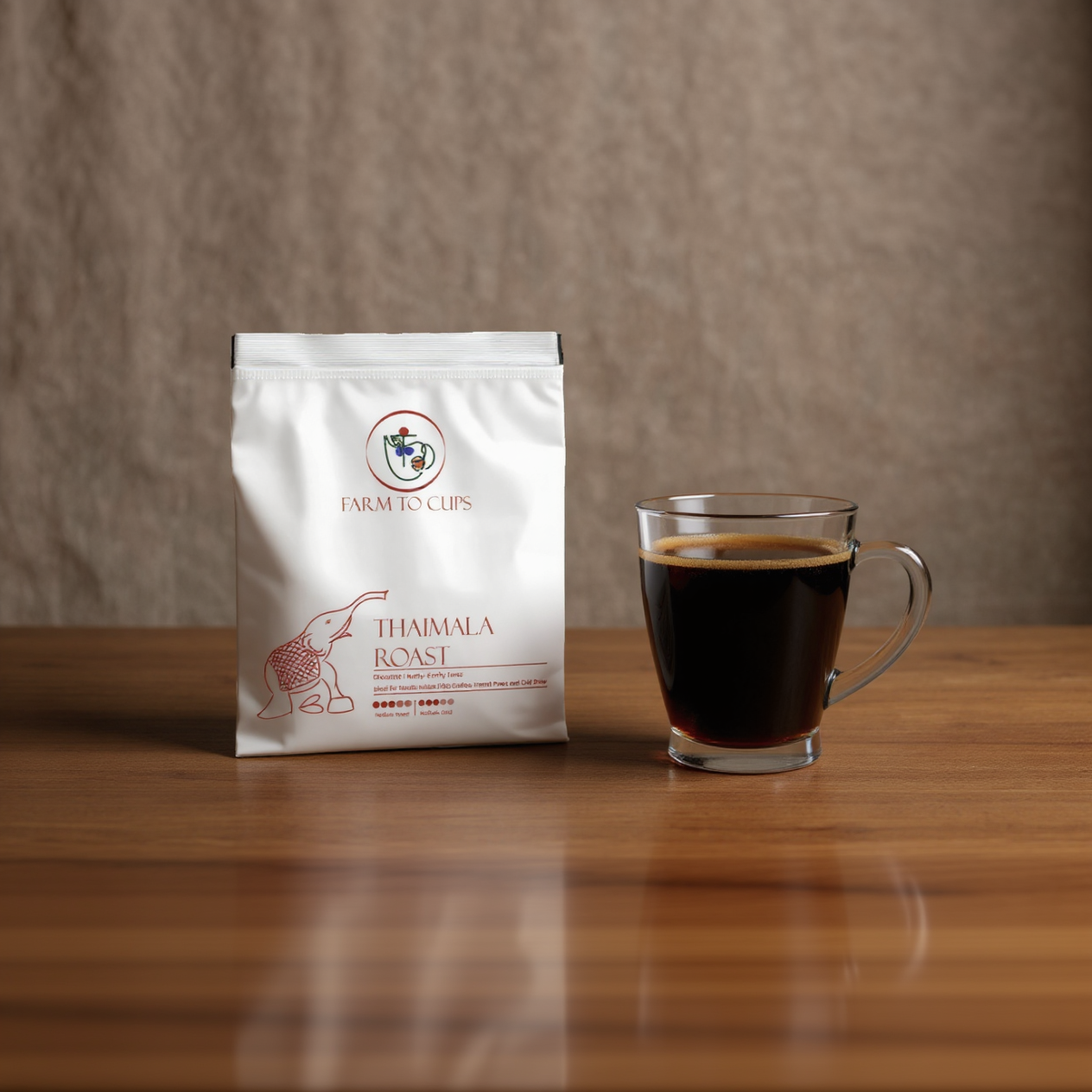
When to Stop Drinking Coffee to Avoid Sleep Disruptions

For millions of people worldwide, coffee is the ultimate morning companion—helping shake off drowsiness and boosting productivity. But when consumed too late in the day, caffeine can sabotage sleep, leaving you tossing and turning at night. Understanding when to cut off your caffeine intake can help you enjoy your coffee while ensuring a good night’s rest.
How Caffeine Affects Sleep
Caffeine is a stimulant that blocks adenosine, a neurotransmitter responsible for making you feel sleepy. While this effect helps keep you alert, it can also delay sleep onset, reduce sleep duration, and decrease sleep quality if consumed too late in the day.
A study published in the Journal of Clinical Sleep Medicine found that consuming caffeine even six hours before bed can significantly reduce total sleep time by over one hour, even if you don’t feel its effects right away. Another study from Sleep Health confirms that late-day caffeine can alter sleep architecture, causing more nighttime awakenings and less deep sleep—the most restorative phase of the sleep cycle.
When Should You Stop Drinking Coffee?
1. The 6 to 8-Hour Rule: A General Guideline
Most sleep experts recommend avoiding caffeine at least 6 to 8 hours before bedtime to prevent sleep disturbances. For example:
-
If you go to bed at 10 PM, your last cup of coffee should ideally be consumed between 2 PM and 4 PM.
-
If you sleep at midnight, you should cut off caffeine by 4 PM to 6 PM.
This timeframe allows your body enough time to metabolize caffeine before it interferes with sleep.
2. Understanding Caffeine’s Half-Life
Caffeine has a half-life of 2 to 10 hours, meaning it takes this amount of time for half of the caffeine to be eliminated from your system. However, the rate varies significantly based on age, genetics, liver function, and lifestyle factors.
For instance:
-
A person with a fast metabolism might clear caffeine within 4 to 5 hours, meaning they can enjoy a late-afternoon cup without much impact on sleep.
-
Someone with a slower metabolism may still have a considerable amount of caffeine in their system 8 to 10 hours later, making even a mid-afternoon coffee problematic.
3. Individual Sensitivity to Caffeine
Not everyone reacts to caffeine the same way. Some people can drink espresso at dinner and still fall asleep quickly, while others struggle to sleep even after a morning cup.
Factors influencing caffeine sensitivity include:
-
Genetics: Some individuals metabolize caffeine slower due to variations in the CYP1A2 gene, which affects liver enzyme activity.
-
Age: Older adults tend to metabolize caffeine more slowly than younger people.
-
Caffeine Tolerance: Habitual coffee drinkers may develop tolerance, meaning they feel less of its effects over time.
If you’re caffeine-sensitive, you may need to stop drinking coffee even earlier in the day—around 12 PM to 2 PM—to avoid sleep disturbances.
4. What About Decaf?
Many people assume decaffeinated coffee is a safe alternative in the evening, but it still contains small amounts of caffeine—around 2 to 5 mg per cup, compared to 95 mg in a regular cup of coffee. While this amount is significantly lower, some highly sensitive individuals may still experience sleep issues from decaf coffee, especially if consumed close to bedtime.
Tips to Reduce Coffee-Related Sleep Disruptions
If you’re struggling to find the right cut-off time for caffeine, consider these strategies:
-
Gradually Reduce Late-Day Caffeine – Start by shifting your last cup earlier by an hour each day to find your ideal cut-off point.
-
Switch to Herbal Teas or Decaf in the Afternoon – If you crave a warm drink in the evening, opt for chamomile, peppermint, or rooibos tea, which promote relaxation.
-
Stay Hydrated – Sometimes, what feels like a coffee craving is simply dehydration. Try drinking water first before reaching for another cup.
-
Limit High-Caffeine Foods and Drinks – Chocolate, energy drinks, and soda also contain caffeine and can disrupt sleep.
-
Practice a Nighttime Routine – Reduce blue light exposure, avoid heavy meals, and engage in relaxing activities before bed to improve sleep quality.
Final Thoughts
The best time to stop drinking coffee depends on your sleep schedule, metabolism, and sensitivity to caffeine. However, most people benefit from cutting off caffeine at least 6 to 8 hours before bedtime. If you’re struggling with sleep, consider adjusting your coffee habits to find the perfect balance between energy and restfulness.
When do you usually stop drinking coffee? Have you noticed its impact on your sleep? Share your thoughts in the comments!









